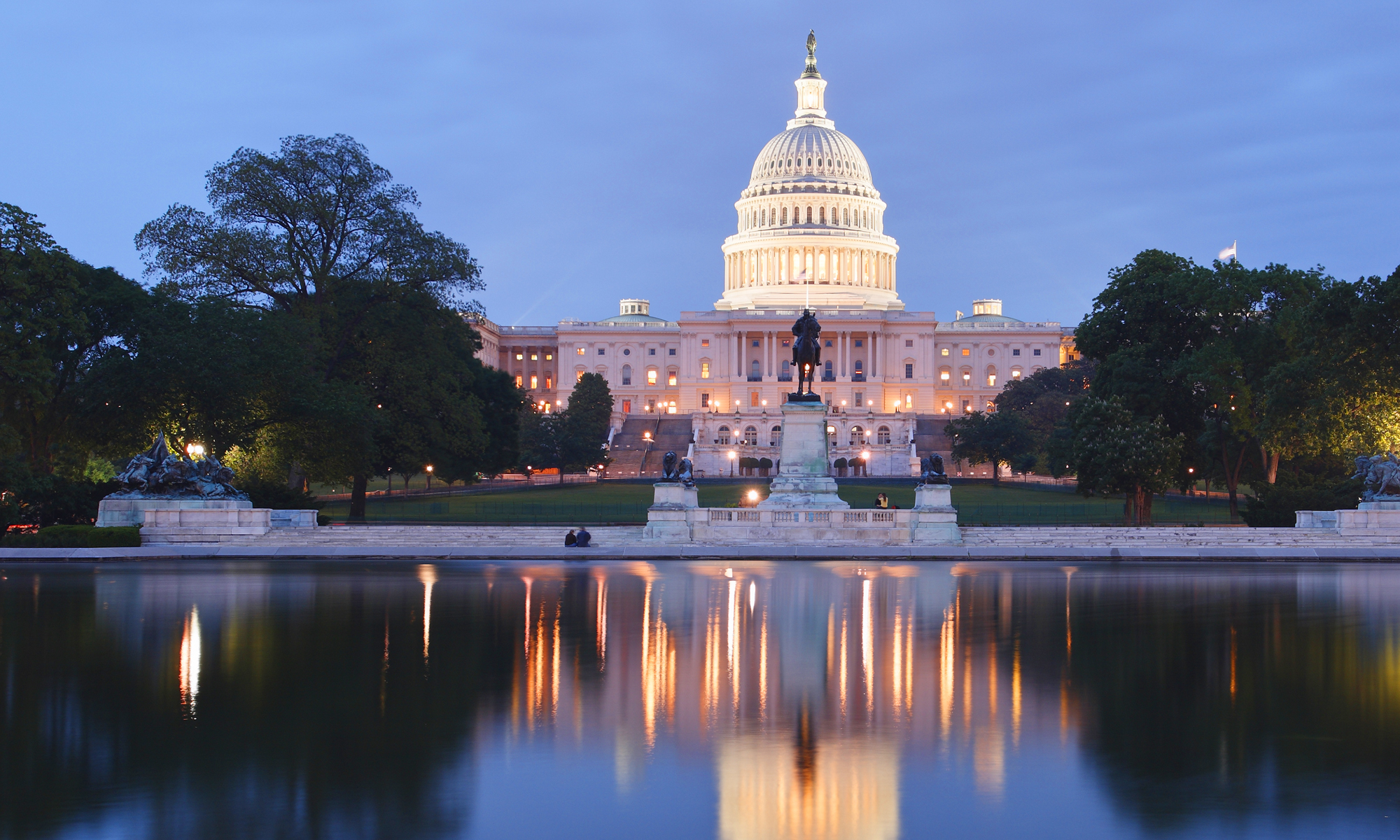On June 27, 2016, in the last decision of the 2015–2016 term, the U.S. Supreme Court, in McDonnell v. United States, No. 15-474, narrowed the type and character of “official acts” that could underpin corruption charges against a public official. Federal prosecutors contended that former Governor of Virginia Robert McDonnell was guilty of a variety of corruption charges for accepting $175,000 worth of loans, gifts and other benefits in exchange for what the government termed “official acts.” After being found guilty by a jury, McDonnell’s conviction was upheld on appeal, but ultimately reversed by the Supreme Court, which held that the jury instructions too broadly defined “official acts” as “acts that a public official customarily performs.” Instead, the Court concluded that it is impermissible to accept payment only for an “official act,” which it defined as a “decision or action” on a pending “question, matter, cause, suit, proceeding, or controversy,” and not a routine political action, such as setting up a meeting, call or event. The Court’s decision provides much-needed clarification to politicians and stakeholders alike regarding the scope of federal anti-corruption law.
To read the full text of the Alert, please visit www.duanemorris.com.
